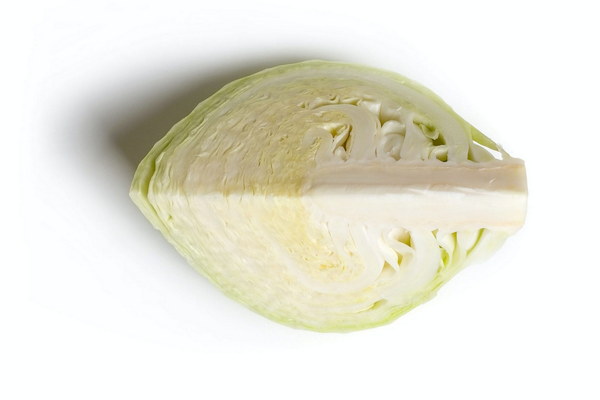Revitalizing the Body A Comprehensive Guide to Traditional Chinese Herbs for Tonifying Qi and Blood
In traditional Chinese medicine, the concept of Qi and Blood is central to understanding the body's balance and health. Qi, often translated as vital energy, is the fundamental life force that animates the body and sustains all physiological functions. Blood, on the other hand, represents the substance that nourishes and protects the body's tissues and organs. When either Qi or Blood is deficient, it can lead to a variety of health issues. To address these imbalances, herbal remedies have been used for centuries. This article serves as a comprehensive guide to the traditional Chinese herbs and formulas that are commonly used to tonify Qi and Blood.
Understanding Qi and Blood Deficiency
Qi and Blood deficiencies can manifest in a variety of ways, including fatigue, weakness, pale complexion, cold extremities, dizziness, and insomnia. The underlying cause of these imbalances can range from poor diet, excessive stress, and physical injury to chronic diseases. To correct these deficiencies, Chinese herbalists rely on a combination of herbs that work synergistically to restore balance to the body.
Herbs for Tonifying Qi
1. Ginseng (Panax ginseng): Known as the King of Herbs, ginseng is a potent Qi tonic. It is often used to enhance energy, improve memory, and boost the immune system.
2. Astragalus (Astragalus membranaceus): This herb is highly regarded for its immune-boosting properties and its ability to strengthen the body's defense against illness.
3. Codonopsis (Codonopsis pilosula): Similar to ginseng, codonopsis is a Qi tonic that is often used to support the respiratory system and improve overall vitality.
4. Dong Quai (Angelica sinensis): While commonly known as a women's herb, dong quai is also used to tonify Qi and support the blood, making it beneficial for both men and women.
Herbs for Tonifying Blood
1. Red Peony (Paeonia lactiflora): This herb is a potent blood tonic that is often used to alleviate menstrual cramps, regulate the menstrual cycle, and improve skin health.
2. Dang Gui (Angelica sinensis): Another women's herb, dang gui is renowned for its blood-building properties. It is often used to treat anemia, fatigue, and weakness.
3. Safflower (Carthamus tinctorius): Safflower is a powerful blood mover that can help alleviate pain and swelling, making it useful for treating conditions such as arthritis and varicose veins.
4. White Peony (Paeonia lactiflora): Similar to red peony, white peony is used to tonify and nourish the blood, as well as to calm the mind and alleviate stress.
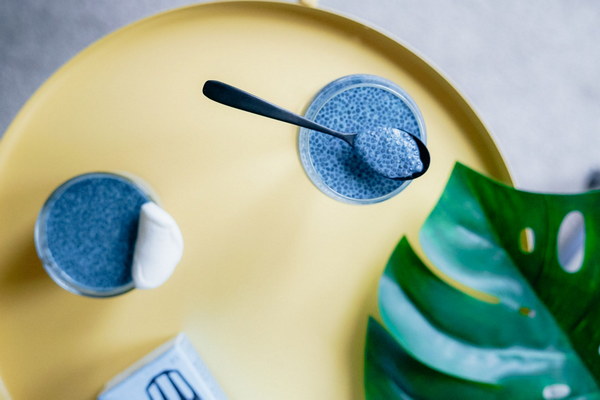
Herbal Formulas for Tonifying Qi and Blood
In addition to individual herbs, Chinese herbalists often combine multiple ingredients to create customized formulas that address specific imbalances. Some of the most commonly used formulas for tonifying Qi and Blood include:
1. Si Wu Tang: This classic formula combines four key herbs (dang gui, peony, rehmannia, andoriake) to nourish the blood and invigorate the body.
2. Bu Zhong Yi Qi Tang: Composed of ginseng, astragalus, and codonopsis, this formula is designed to boost Qi and strengthen the body's resistance to illness.
3. He Huan Pi Tang: This formula combines a variety of herbs to nourish the blood, relieve pain, and improve overall well-being.
Conclusion
The use of traditional Chinese herbs for tonifying Qi and Blood has been a cornerstone of Chinese medicine for thousands of years. By understanding the underlying principles of Qi and Blood and the properties of various herbs, individuals can make informed decisions about their health and well-being. As always, it is essential to consult with a qualified herbalist or healthcare professional before starting any new treatment regimen.

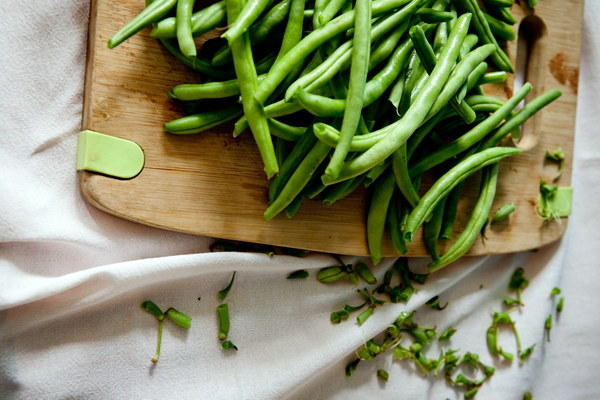
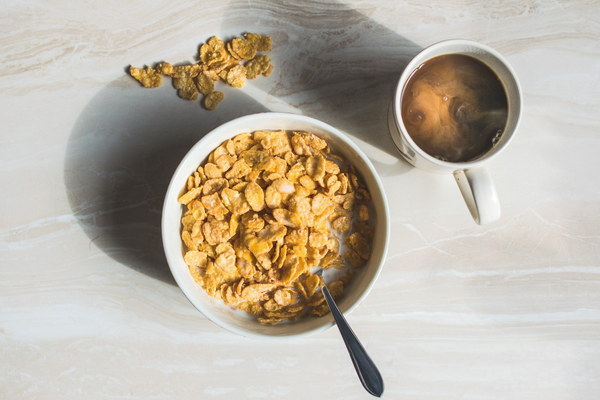


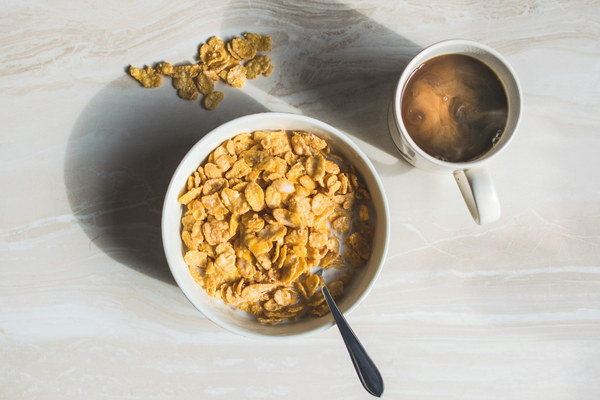
![Unwind and Rejuvenate Discover the Therapeutic Benefits of Yangcheng Sauna and Foot Massage at [Phone Number]](http://img.bluepurple.cn/a/养生/120/Unwind-and-Rejuvenate-Discover-the-Therapeutic-Benefits-of-Yangcheng-Sauna-and-Foot-Massage-at-Phone-Number.jpg)


